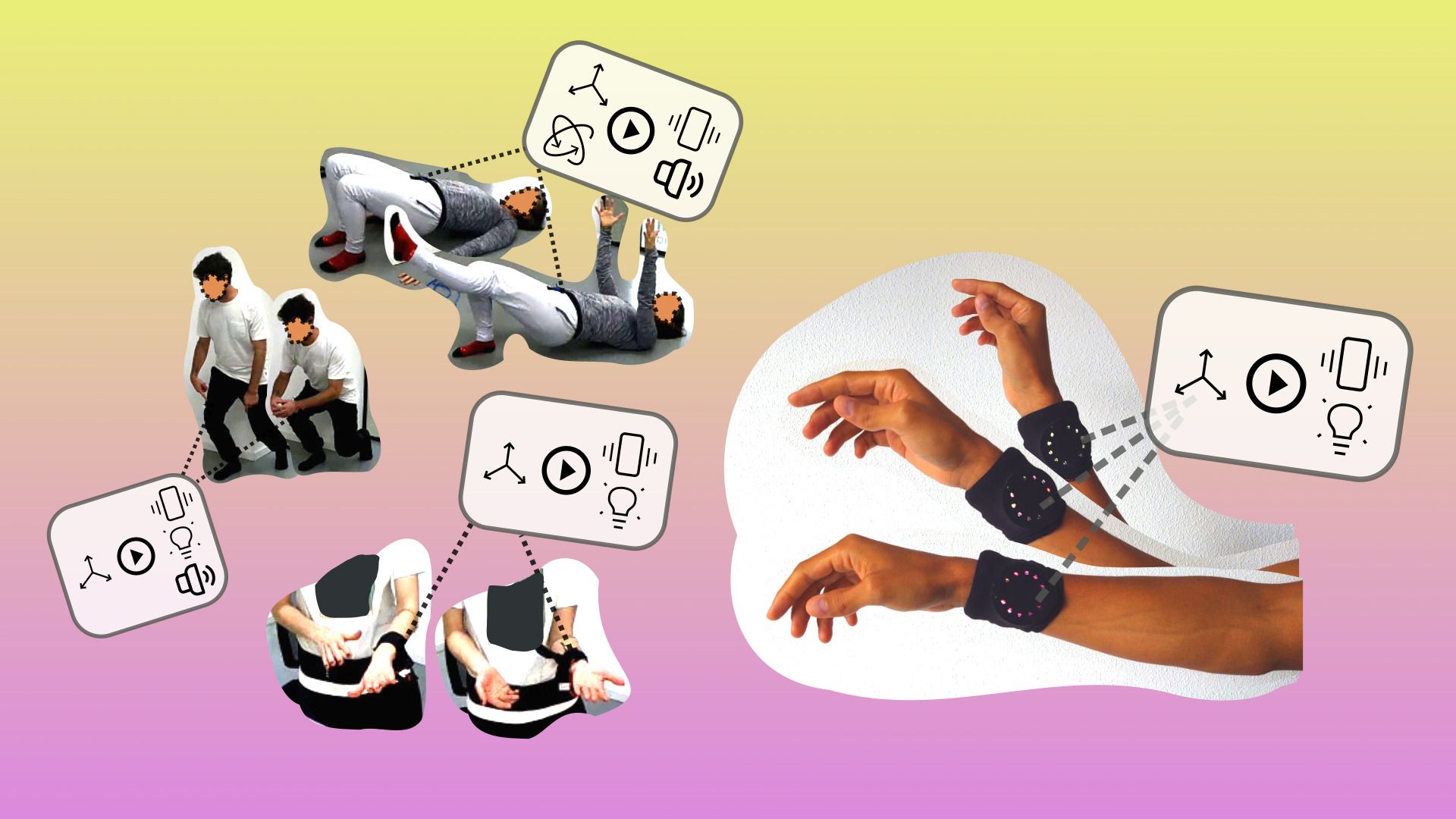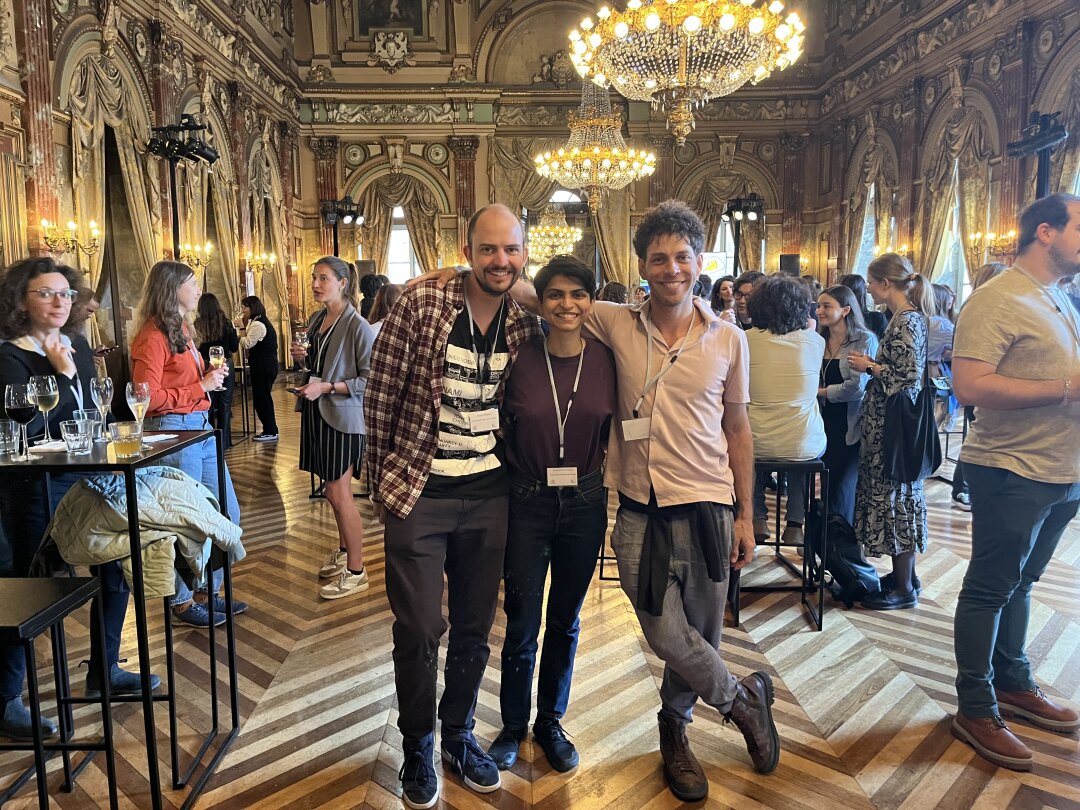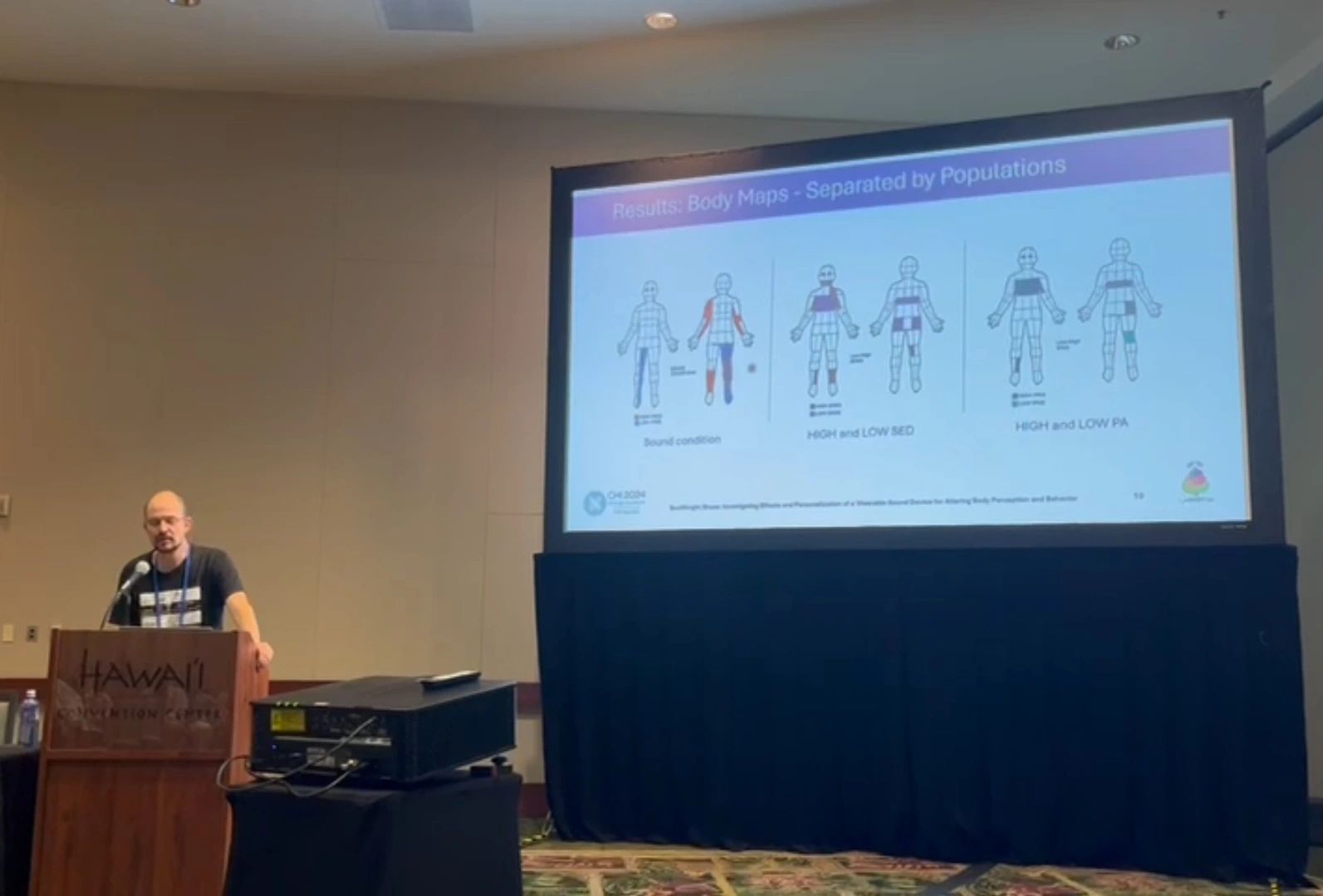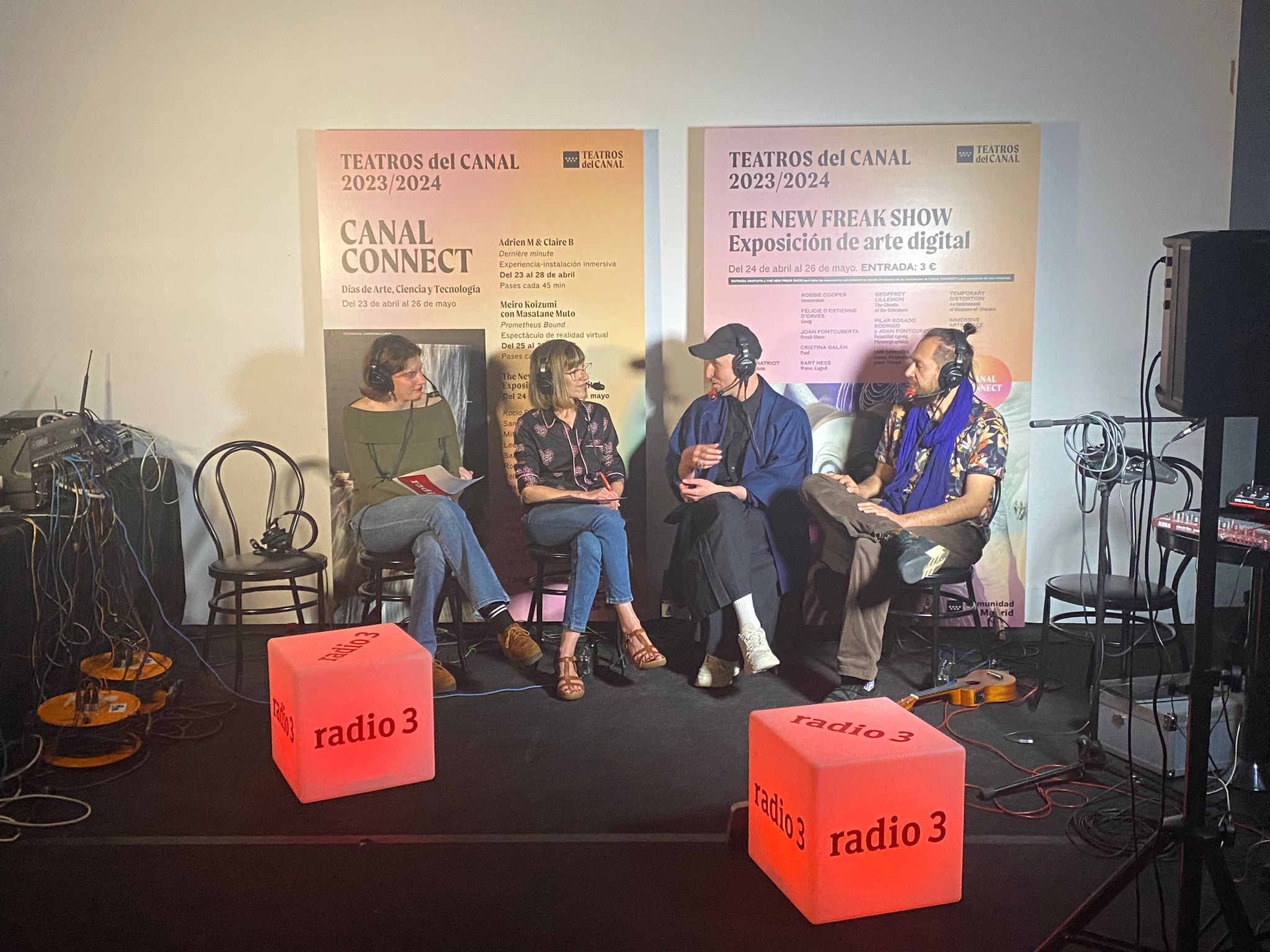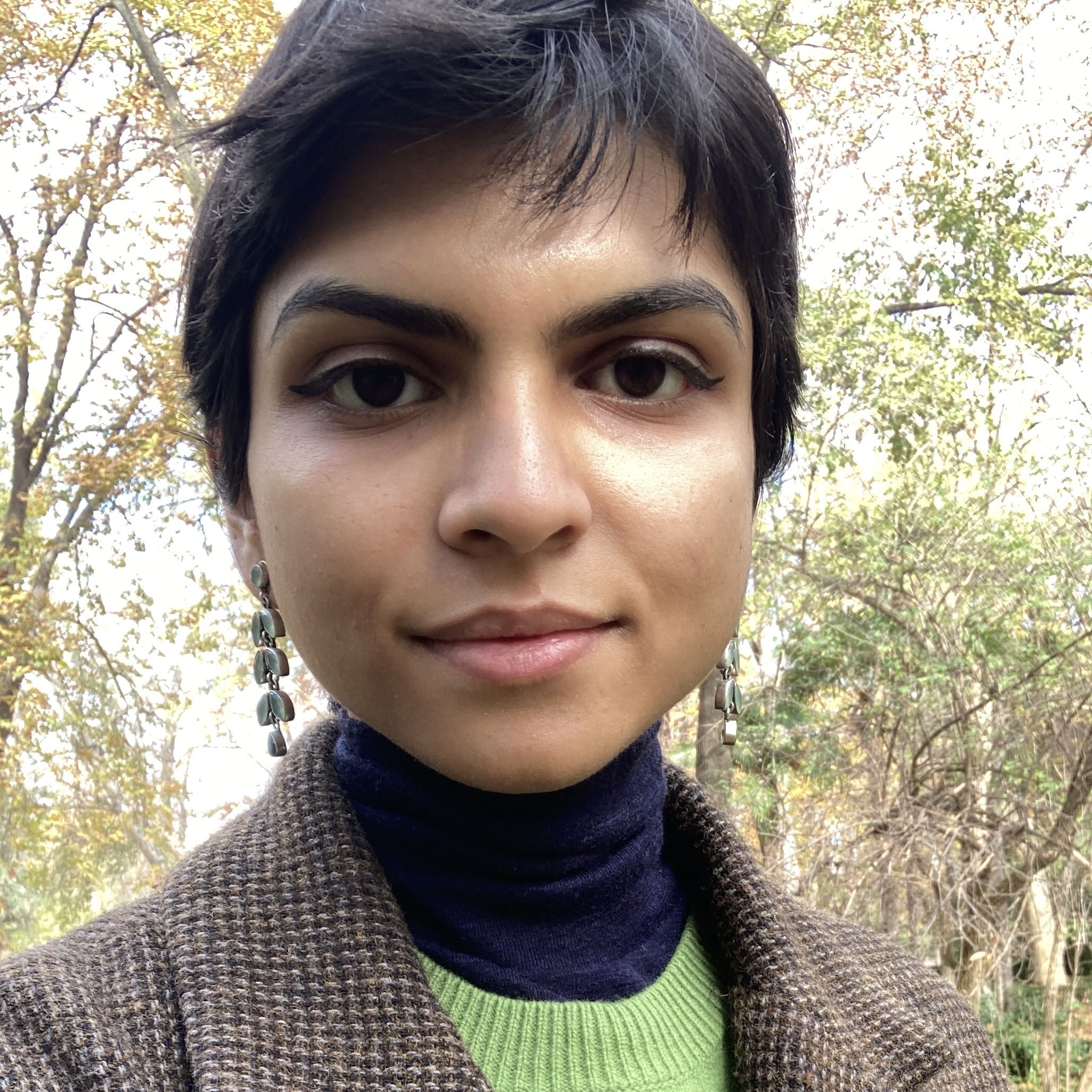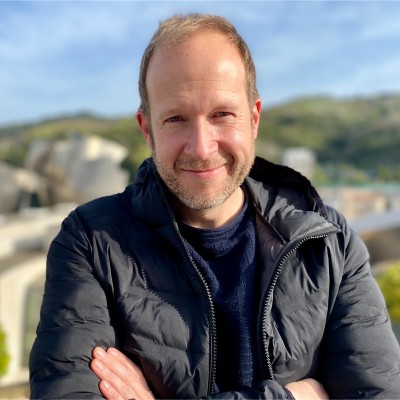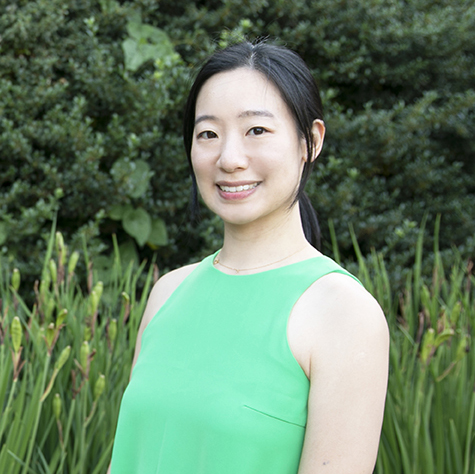Thesis Talks 2024
Amar D’Adamo, and José Vega-Cebrián participated in the UC3M Thesis Talk 2024 contest, presenting the contexts and results of their theses in less than 4
A journey to re-embodiment, Mohammad (MH) Rahmani, PhD research candidate in Computer Science and Technology, Universidad Carlos III de Madrid
Date: 2024-05-28, 11:00h UTC+2
Speaker: Mohammad (MH) Rahmani, PhD research candidate in Computer Science and Technology at UC3M
Title: A journey to re-embodiment
Abstract:
In this presentation, I will discuss my past, highlighting the relevant experiences and projects that have brought me here today. I will go into parts of my portfolio that showcase my abilities, as well as my thought process and general interests, both historically and moving forward. This will hopefully give you a good picture of what you can expect from me and how I can be helpful in the future.
Biography:
Mohammad (MH) Rahmani is a PhD research candidate in Computer Science and Technology at UC3M, currently focusing on Embodied Perception through Interaction and Sensations.
He was a research fellow at SAIL Lab in University of New Haven focusing on real-time neurofeedback systems, signal processing, and artificial intelligence in Brain-Computer Interfaces (BCI); as well as developing Text-to-Speech (TTS) models for low-resource languages. With a background in observational astronomy, computer science, and multi-media production, Rahmani holds a Master’s degree from NYU’s Interactive Telecommunications Program (ITP) and a BSc in Computer Science. He has professionally worked in R&D roles on LoRa Chirp based IoT consumer devices, safety surveillance systems, and image processing.
Additionally, he has served as the Vice Chair of Tehran ACM SIGGRAPH, and his creative work has been featured in various galleries, hackathons, and festivals. He is an interactive media artist and new media researcher known for immersive spatial mixed reality experiences. His work has been showcased at Archuwum Art Transparent, TADAEX Festival, SIGGRAPH Conference, and SFA Projects.
Participation in ESCAN 2024
Amar D’Adamo, Marte Roel and Karunya Srinivasan participated in ESCAN 2024, the 7th bi-annual ESCAN (European Society for Cognitive and Affective Neuroscience) meeting which took
Participation in CHI 2024
Amar D’Adamo participated in the CHI Conference on Human Factors in Computing Systems (CHI ’24), in Honolulu, Hawaii (May 11-16). He presented the following paper:
Participation in Canal Connect 2024
Joaku (Joaquín R. Díaz) had a double participation in Canal Connect 2024, a festival for the intersections of the Arts, Science and Technology in Teatros
MH. Rahmani
Mohammad (MH) Rahmani is a PhD research candidate in Computer Science and Technology at UC3M, currently focusing on Embodied Perception through Interaction and Sensations.
Mohammad Mahdi Dehshibi is now an IEEE Senior Member
Mohammad Mahdi Dehshibi was promoted to the grade of IEEE Senior Member! This recognition reflects the exceptional collaboration with Mohammad’s dedicated students and esteemed senior
Karunya Srinivasan
Karunya Srinivasan has a multidisciplinary background in Psychology, Expressive Arts Therapy, Somatic Education and Cognitive Science. Her studies and work have followed her belief that it is in movement where the body finds its meaning.
Seeing (a pre-registered protocol) is believing, Miguel A. Vadillo, Associate Professor at Universidad Autónoma de Madrid, Director of the Cognition, Attention, and Learning Lab (CALL)
Date: 2024-05-07, 14:00h UTC+2
Speaker: Miguel A. Vadillo, Associate Professor at Universidad Autónoma de Madrid, Director of the Cognition, Attention, and Learning Lab (CALL)
Title: Seeing (a pre-registered protocol) is believing
Abstract:
How much confidence should you put on a particular hypothesis if p < .05? From a rational point of view, the credibility of a scientific finding depends on three parameters: a) the prior likelihood of the hypothesis being true, b) the probability of a significant result if the alternative hypothesis is true, and c) the probability of a significant result if the null hypothesis is true. Unfortunately, (a) is largely subjective. (b) and (c) cannot be properly estimated with the information typically reported in scientific papers, but meta-scientific studies suggest that there are reasons to be pessimistic. Psychological research is often underpowered, which means that (b) is too low, and everything suggests that many significant findings could be the result of questionable research practices, casting doubt on (c). When we read a non-registered study, we can never know if the result is reliable or if the data were simply “tortured until they confessed”. The crucial contribution of pre-registration is that it ensures that the false positive rate is not inflated by questionable research practices or selective reporting. Furthermore, pre-registration forces researchers to plan their sample size based on a formal power analysis, ensuring that (b) is sufficiently large. As a result, in this talk I will defend that it is logical to put more faith in pre-registered studies than in non-registered research. Although non-registered research is not without value, pre-registration is definitely worthwhile.
Biography:
Miguel Vadillo is associate professor at Universidad Autónoma de Madrid, where he coordinates the Cognition, Attention, and Learning Lab (CALL). He is also the current president of the Spanish Society for Experimental Psychology, member of the ethical review board at UAM, and member of the scientific committee of the National Research Agency. His research is focused on statistical problems in research on implicit learning and other unconscious mental processes and also on meta-analytic methods for the detection of biases in scientific research.
https://mvadillo.com/
Feeling and Perceiving with New Sensory Languages, Yeseul Song, Assistant Arts Professor at New York University Tisch School of the Arts’ Interactive Telecommunications Program / Interactive Media Art
Date: April 24th, 2024, 16:00h UTC+2
Speaker: Yeseul Song, Assistant Arts Professor at NYU ITP/IMA (New York University Tisch School of the Arts’ Interactive Telecommunications Program / Interactive Media Arts)
Title: Feeling and Perceiving with New Sensory Languages
Abstract:
Can you trust something that you can’t see? When an object does not have a form but is perceivable, does that object “exist”? How can we collectively perceive something that exists in-between our bodies?
The current technoculture relies heavily on vision, and the dominance has become even stronger with the advent of screen-based digital technologies. On the other hand, our vision is limited—sighted humans can only see a sliver of the whole electromagnetic spectrum (wavelengths from about 390 to 700 nm) and most of the waves around us including radio waves, microwaves, X-rays, and “energy” are completely invisible to the human eye. What are we missing when seeing becomes our foremost sense in how we are perceiving the world
Since 2018, Yeseul Song has been studying the negative space of visual senses and creating artistic non-visual sensory languages that are imaginative and accessible. Based on her research on technology and perception, she has created interactive artwork that inspired people from all over the world. To name a couple, Invisible Sculptures (2018-2021) is a series of sculptures that can be “seen” through senses other than vision. Two Subtle Bodies (2022) is an interactive auditory experience where two strangers experience each other’s peripersonal space through the sound. In this talk, she will share her artistic research in hybrid and alternative ways of feeling and perceiving.

